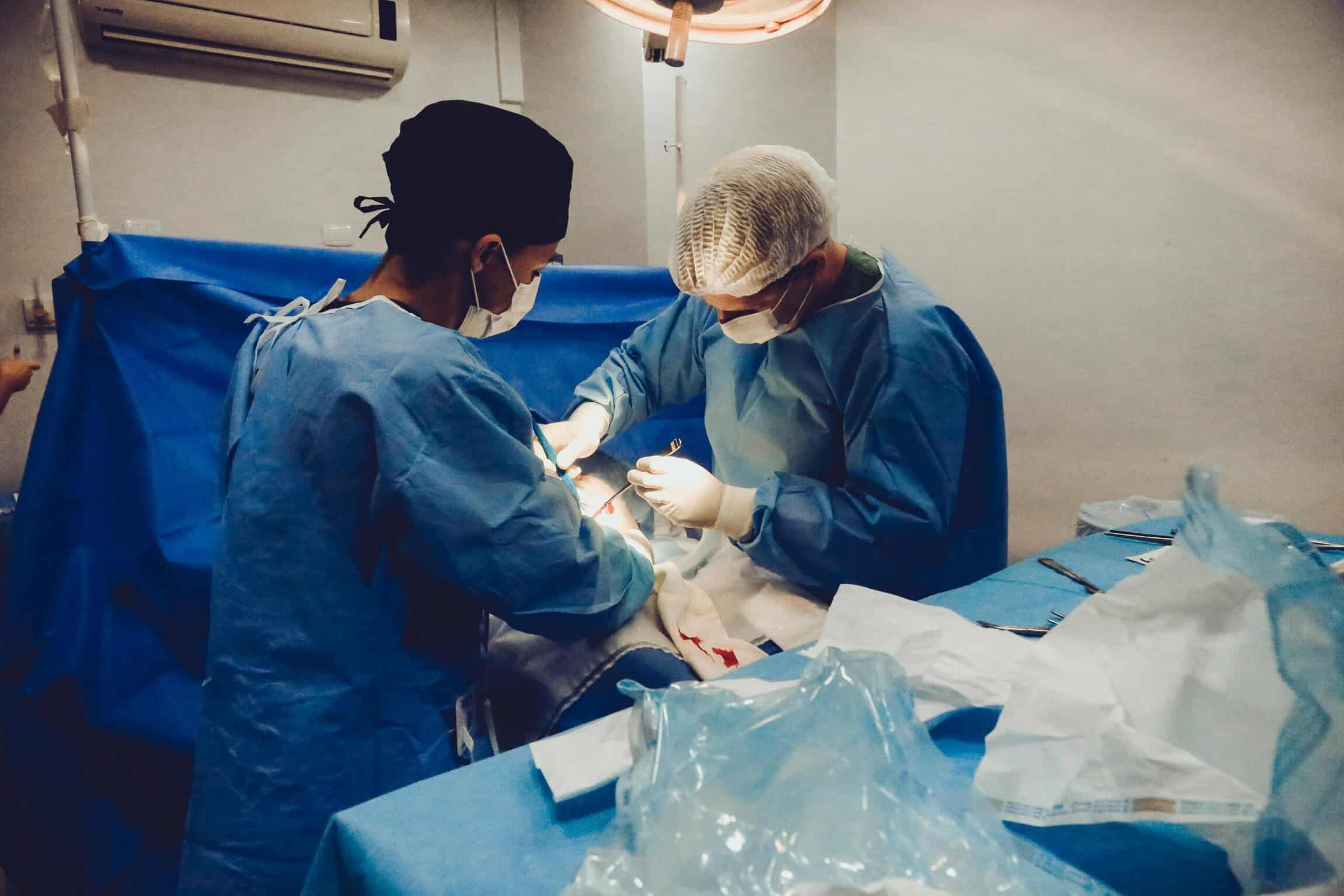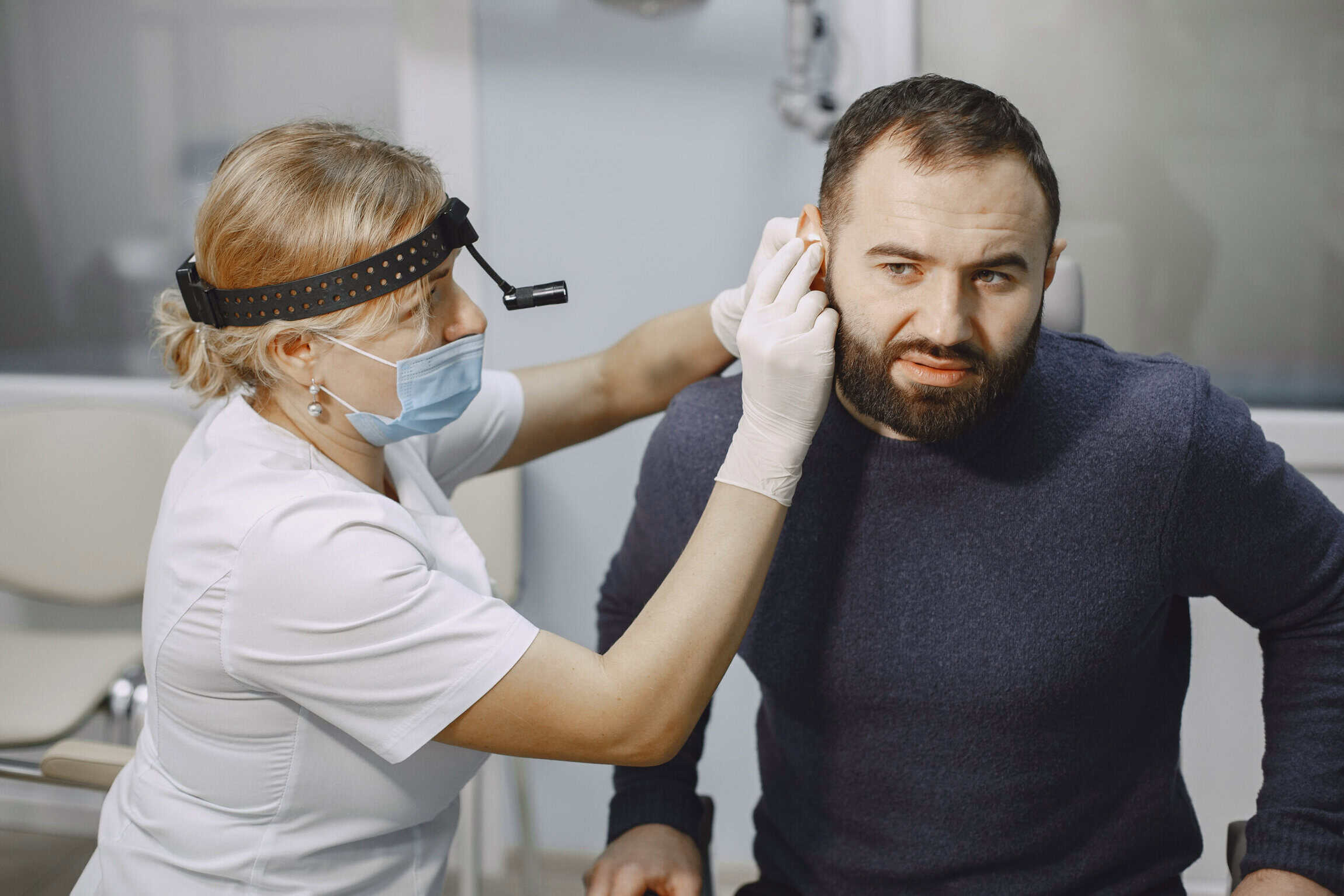Each year, millions of individuals across the US are injured at work, with the majority of incidents caused by poor health and safety standards. This means that if you are injured at work, you will be able to claim worker’s compensation benefits.
This will help you to navigate the weeks and months following the accident while ensuring you can get the medical advice and support you deserve without the costs typically associated with this level of treatment.
In some cases, surgical intervention is recommended to facilitate a speedy recovery from an accident. But what happens when you do not want to pursue this course of action? Can you continue to claim workers’ compensation? Read on to find out more!
What is Worker’s Compensation?
Worker’s compensation is an insurance system put in place to support individuals who have been on the job. This is designed to ensure you can access the appropriate medical care without incurring significant debt as a result of this. After all, the average ER visit in Virginia costs over 2,000 dollars, something that the average person simply cannot afford.
In Virginia, this compensation is mandated under Virginia’s workers’ compensation act. This means that you can qualify for:
- Lost wage replacement
- Reimbursement for out-of-pocket expenses (relating to medical care)
- Money for permanent partial disabilities
- Medical care for your work injury
Rights of Workers Under Workers’ Compensation.
It is the responsibility of your employer to maintain a safe working environment. Any breach in their duty of care, such as their inability to uphold proper health and safety standards, means you will be able to utilize workers’ compensation in the aftermath of an accident.
However, it’s also important to understand workers’ rights within the realm of workers’ compensation. For example, you maintain the right to choose your own physician from a panel of physicians provided by your employer or their insurance carrier. On a similar note, this also means that you can turn down surgeries offered to you – although refusing to undergo a surgery can result in suspension of your workers’ compensation benefits (i.e., wage loss payments).
What happens if surgery is recommended?
While you may feel as though you do not need medical attention following a workplace accident, it’s important to seek it out. Symptoms for serious conditions can sometimes take a while to present themselves, putting you in a vulnerable position.
In some cases, the physician in charge of your care will decide that surgery will play a key role in your recovery. For example, fractures are one of the most common workplace injuries, and studies have shown that 82% of the fracture cases admitted to the trauma ward require surgery.
In most cases, surgery can help to speed up or facilitate your recovery from a serious injury. While it’s understandable to have your reservations during this time, it’s important to note that workers’ comp should cover the cost of surgery (and any costs incurred during the recovery period). This means that putting your health first will not put you under additional financial strain.
Can workers refuse surgery under workers’ compensation?
As mentioned above, it is your right to determine which medical treatment you accept (or deny). If you deny any medical treatment, it is important to know the denial could affect your entitlement to workers’ compensation benefits. An injured worker must be “justified” in refusing to undergo medical treatment offered by their treating physicians. There are numerous factors for the Virginia Workers’ Compensation Commission to consider when attempting to determine if a refusal of medical care is justified or not.
Factors to consider before refusing surgery.
Before refusing surgery outright, you must determine whether or not this is the best course of action for your health. While the thought of surgery can be daunting, it can sometimes be necessary when it comes to putting you on the path to returning to work or minimizing the complications or pain you are dealing with. However, you should also ask your healthcare provider whether there are less-invasive treatment alternatives you could pursue instead, such as medication and physiotherapy.
Generally speaking, the biggest consequence associated with refusing surgery is that it could impact your entitlement to workers’ compensation benefits (i.e., wage loss replacement and future medical care) and it could impact the trajectory of your recovery.
Steps to take if you want to refuse surgery.
Before deciding to refuse surgery, you should be sure to:
- Consult with a medical professional to determine whether or not you can pursue an alternative course of action.
- Consult with experienced lawyers to determine whether or not your eligibility for workers’ comp will be affected moving forward.
This will ensure that your workers’ compensation benefits remain intact, your health remains a priority moving forward and that you can access additional support if necessary.
Work With a Virginia Workers’ Compensation Attorney
While the decision to turn down surgery is entirely your own, it is not one you should take lightly. After all, this could affect your entitlement to wage loss benefits and impede or slow your recovery considerably while also impacting the breadth of support you can receive through workers’ comp.
However, if you do decide to turn down surgery, it is incredibly beneficial to have a works comp attorney at your side. At Renfro & Renfro, we have years of experience supporting clients in similar situations, and we would be happy to discuss your options further.
Get in touch today to find out more!






